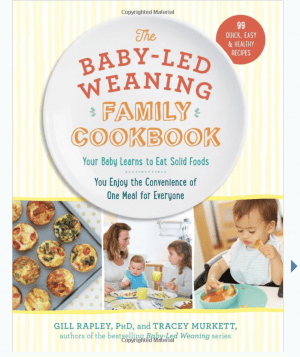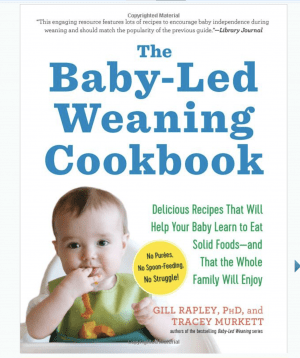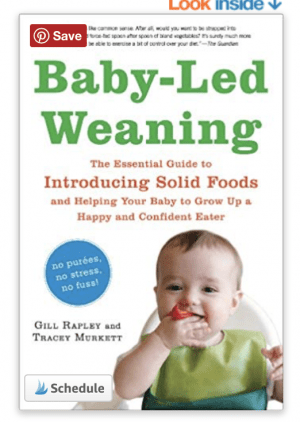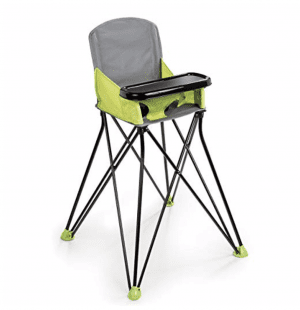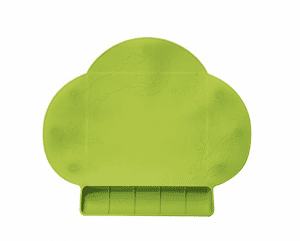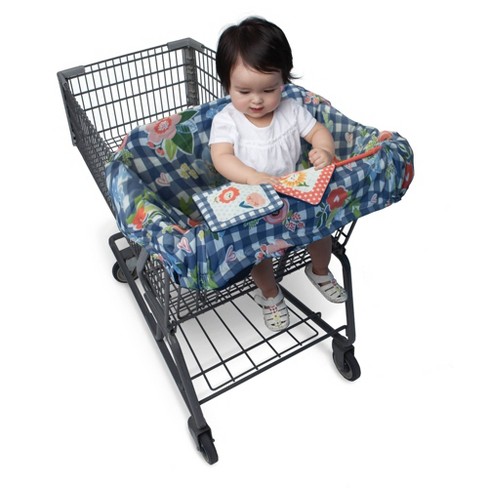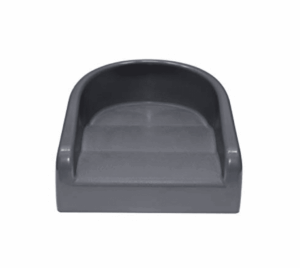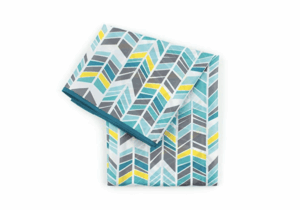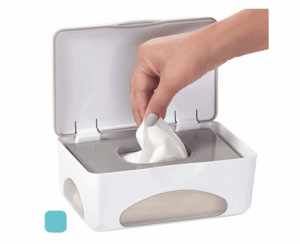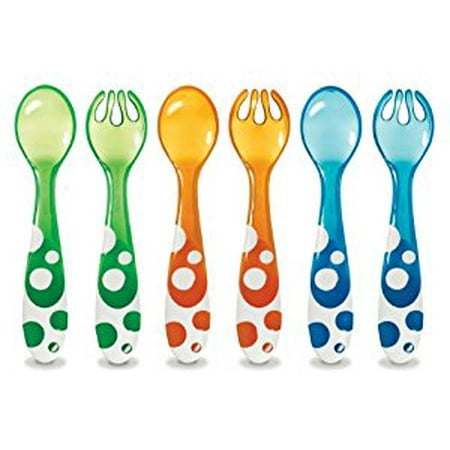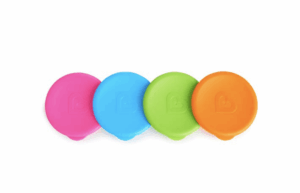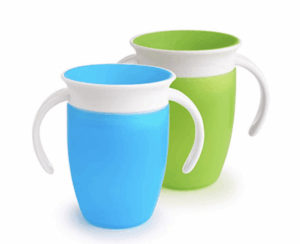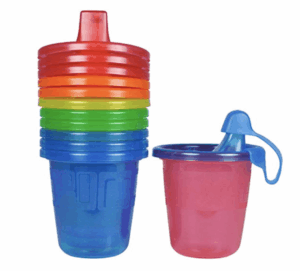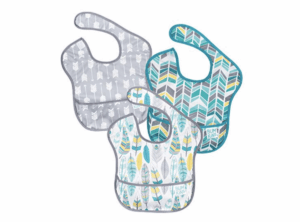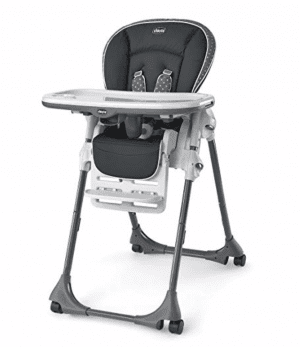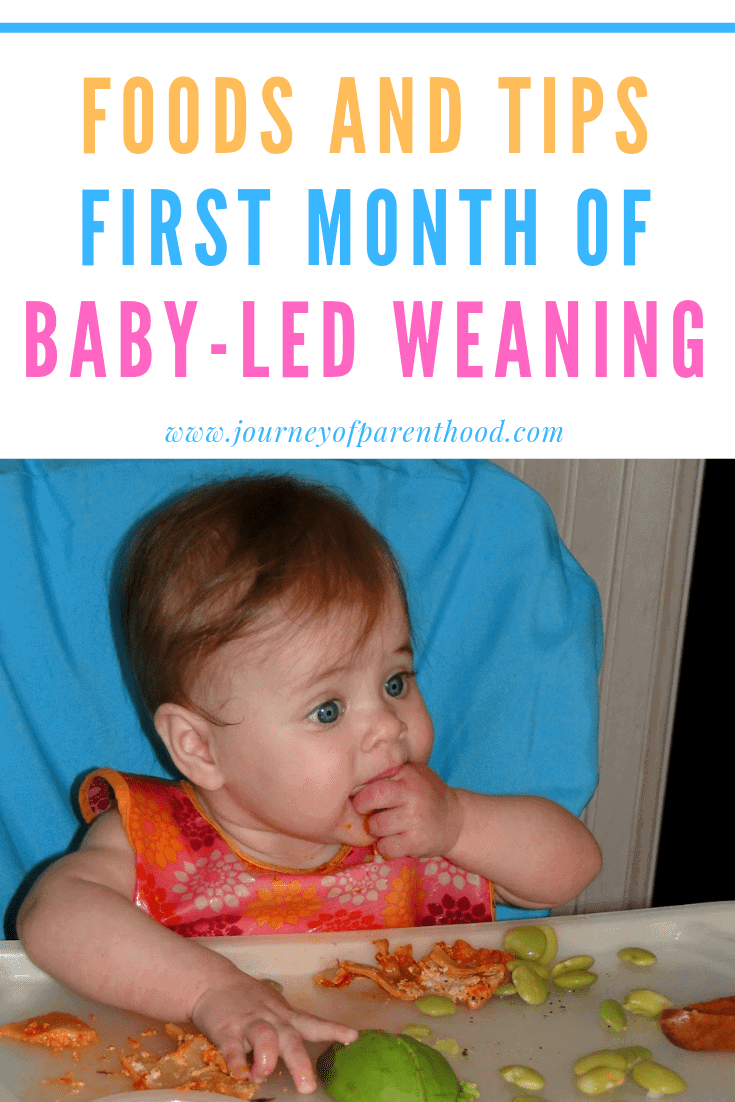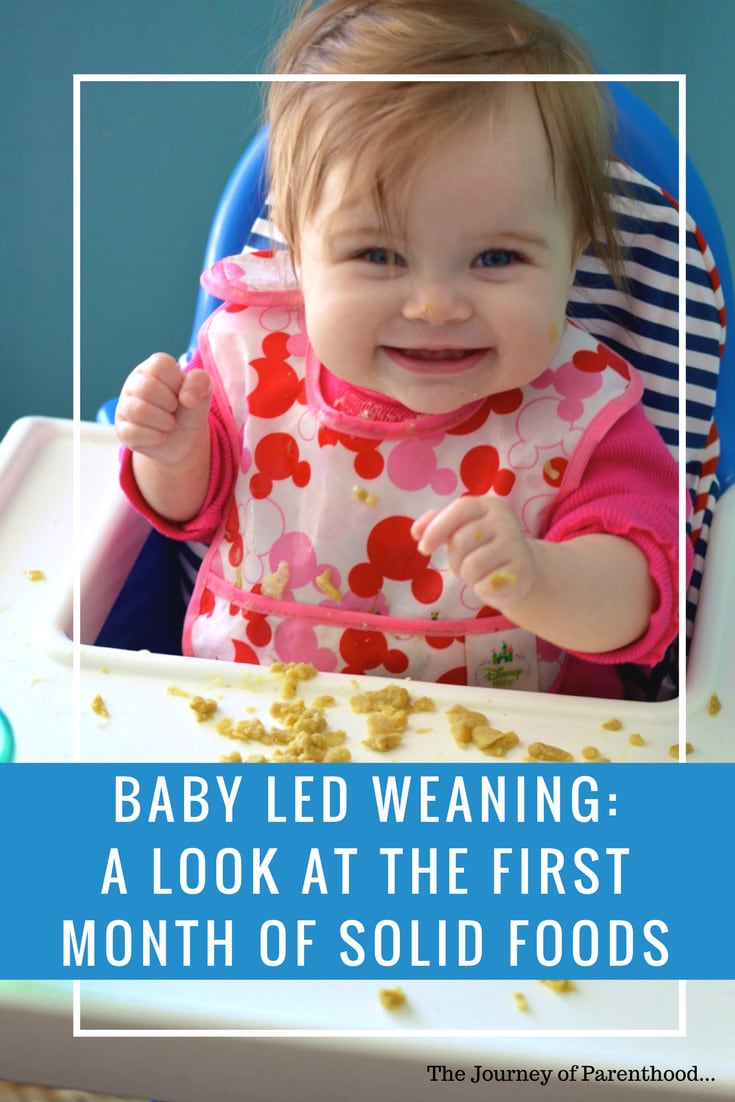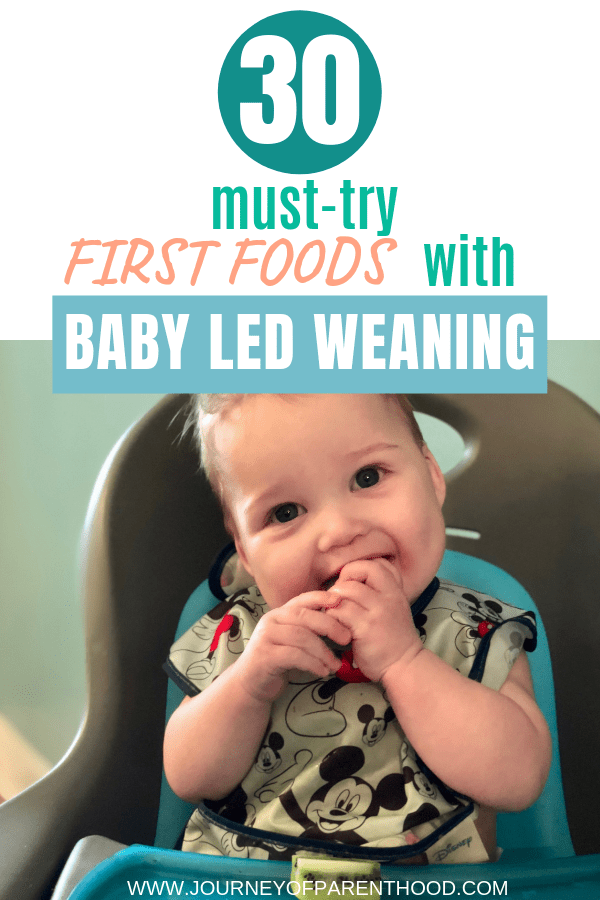If you’re looking for the best and most simple guide to baby-led weaning, then I have the book for you.
I am a big believer in reading the book before you try to follow the method.
I get questions upon questions from people who want advice on Babywise, Dave Ramsey, or Baby Led Weaning but yet haven’t ever read the books!
The Baby Led Weaning book is truly a “must read!”
It’s short, simple, and explains the what, why and how for Baby-Led Weaning.
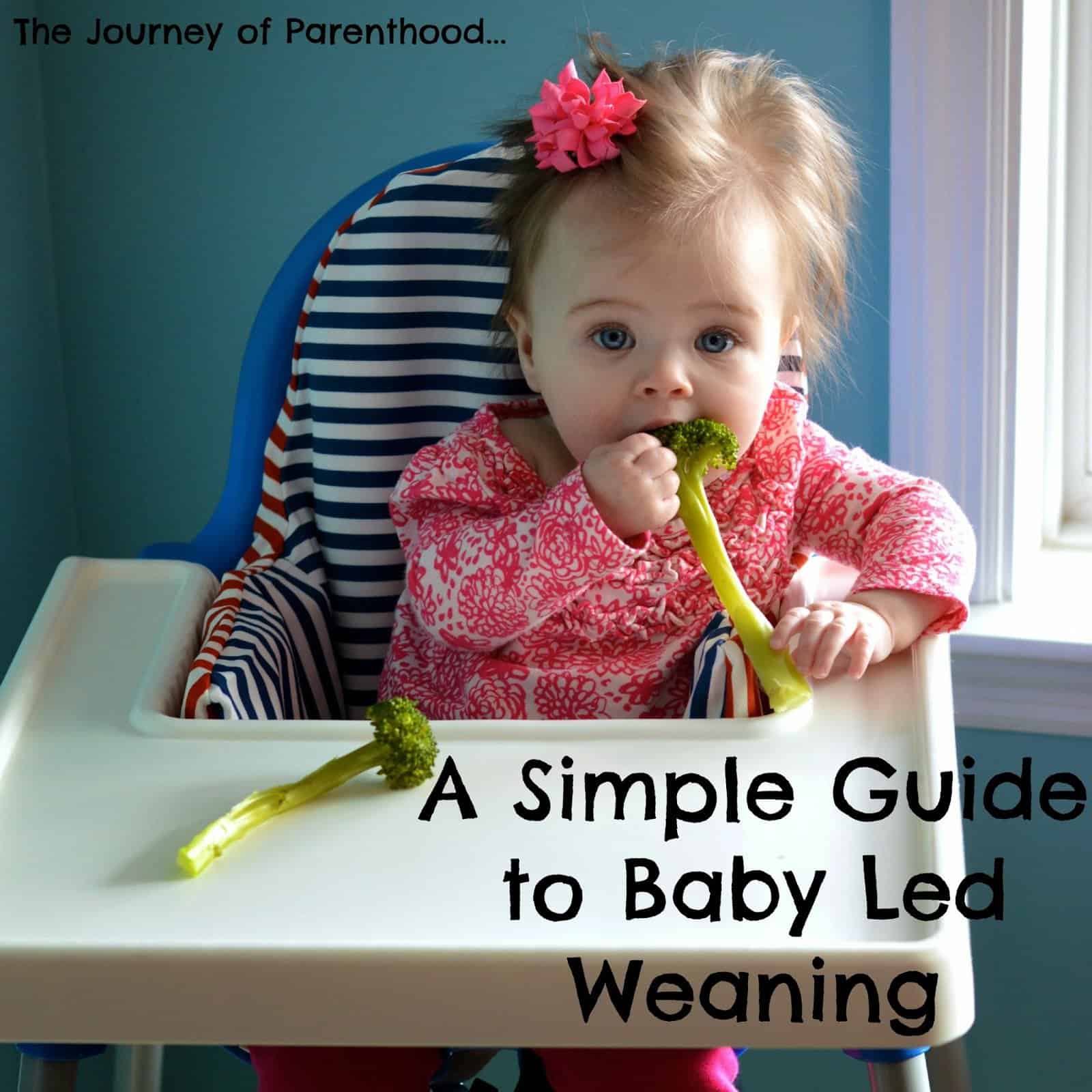
I decided to write this post in an effort to help those who haven’t yet read the book.
Consider this a beginner’s guide to baby led weaning. Or even an idiot’s guide to baby led weaning.
However you want to say it – this post is my version of a parents guide to baby led weaning!
I’m hoping that this will encourage people to read the actual book and will help answer questions to people who are around baby-led weaning families and are confused about what the method is all about!
There is
Shop the Best Books on Baby Led Weaning Here:
What Is Baby Led Weaning?
Baby-Led Weaning plan is a method for introducing and feeding babies solid foods.
It simplifies the process of weaning and beings weaning your baby onto solids.
Rather than being
Self-feeding is natural for babies and allowing them to feed themselves solid foods is a natural progression from liquid-only feedings.
A weaning guide doesn’t have to be complicated or include a million steps. Keep it simple!
Why Baby-Led Weaning Instead of Spoon Feeding?
Now that there is evidence supporting infants staying on a liquid-only diet until six months old, there is no need for pureed foods.
Babies are
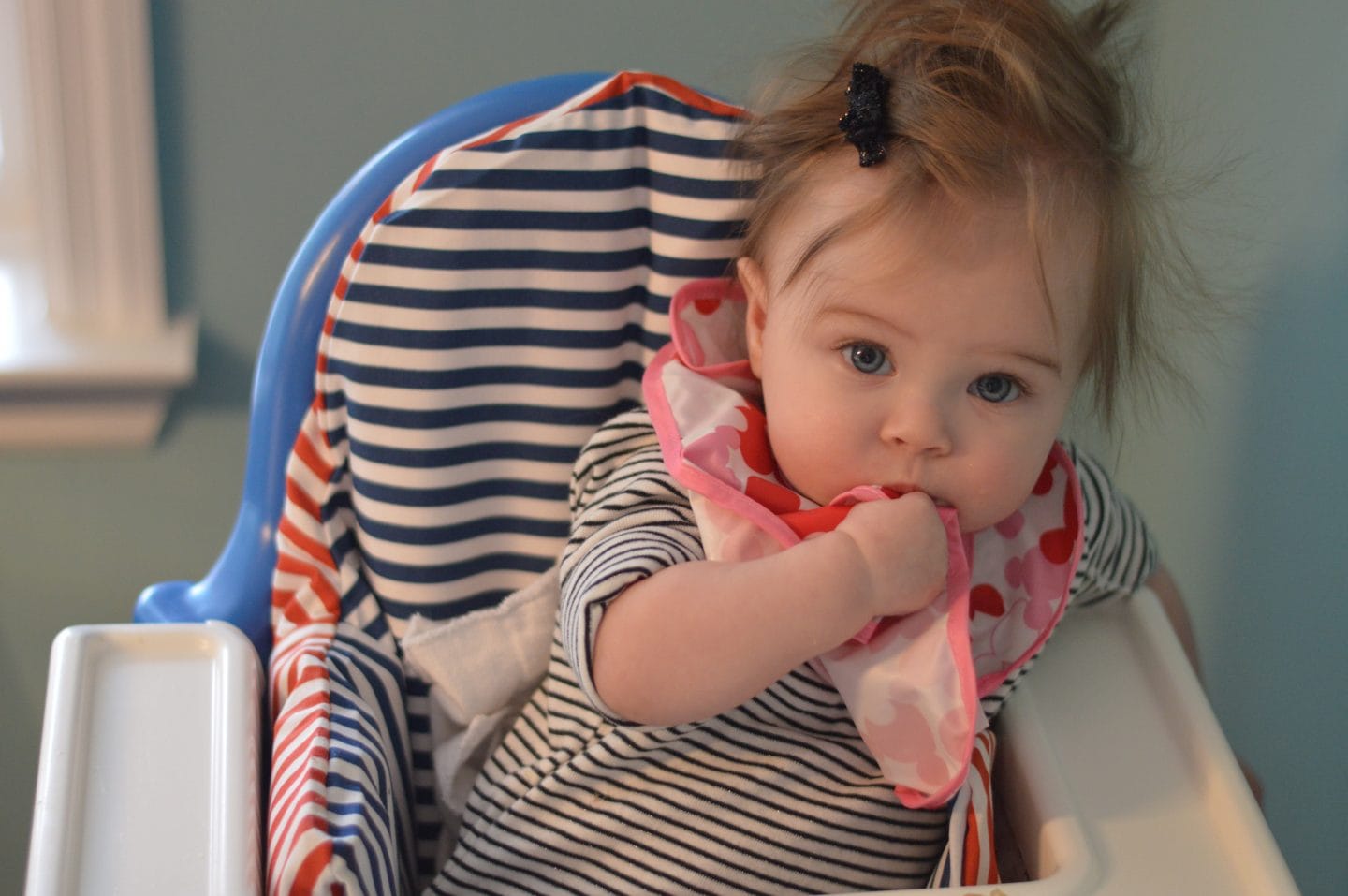
Why Wait Until 6 Months Old?
There are many reasons to wait to give solids and to start weaning until 6 months old.
Breastmilk and formula provide the nutrition a baby needs, their digestive systems cannot properly digest food until
Even once solids are introduced, babies continue to receive their main nutrition needs from their liquid milk feeds until about a year old.
Always remember: Solid foods before one are just for FUN!
When is a Baby Ready?
Here are the signs that baby is ready to start eating solid food and when to start baby led weaning:
- Baby can sit with little or no support
- Baby can reach out to grab things and take them to their mouth quickly and accurately
- Baby is gnawing on toys and making chewing motions
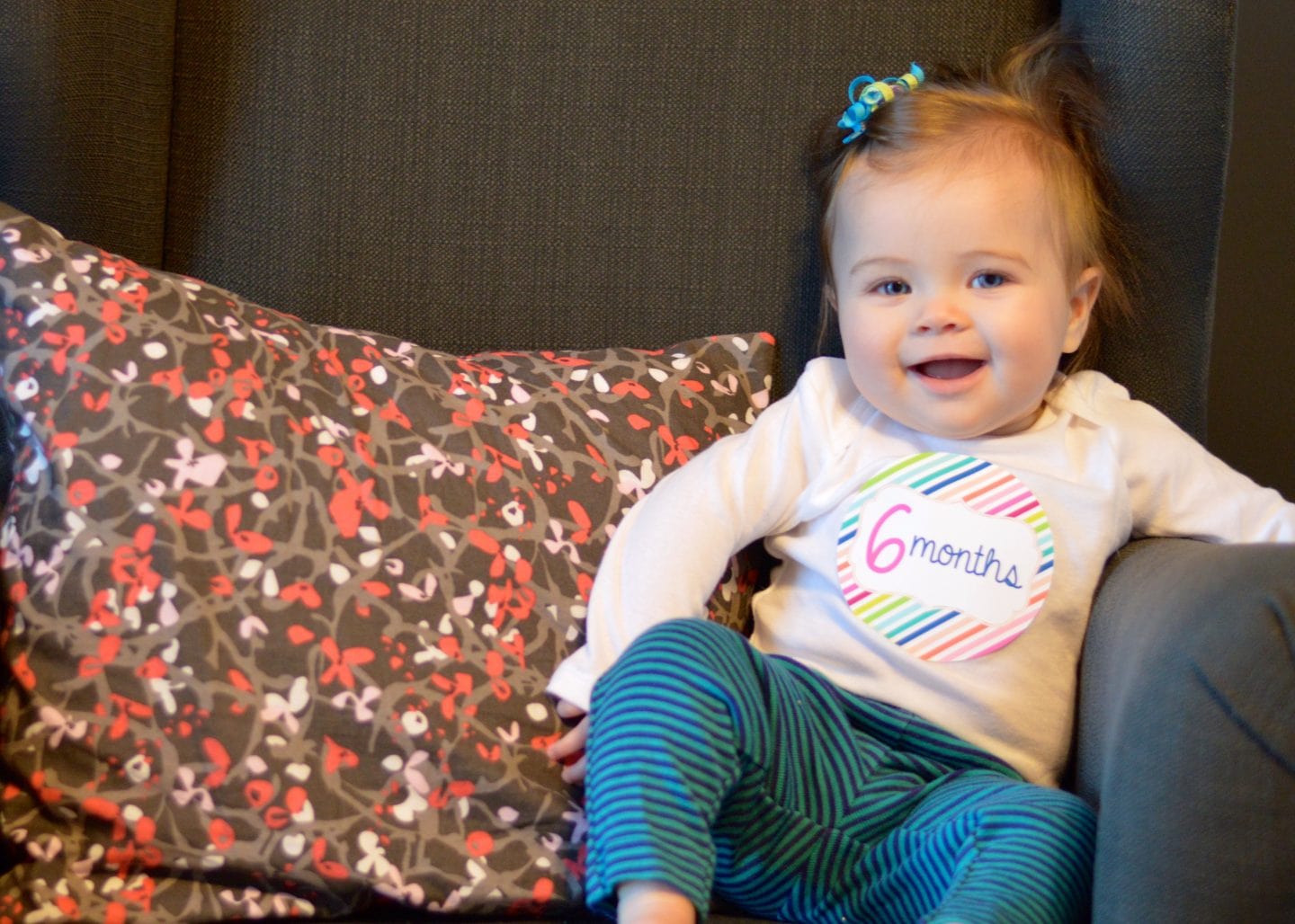
What are False Signs of Being Ready for Solids?
Many people make the assumption that the following signs mean their baby needs solid foods, when they are typically just part of normal development.
These are more linked to a baby’s age rather than readiness for solid foods.
False signs of Readiness Include
- Baby waking at night
- Baby
slowing down in weight gain - Baby showing interest in watching parents eat
- Baby making lip-smacking noises and sounds
- Baby not going straight to sleep after liquid feedings
- Baby struggling with breastfeeding issues
- Baby being considered either “small” or “big”
A common question is if a baby can start baby led weaning at 5 months.
If a baby fits all the signs of readiness and is 5 months old then it’s not wrong to start solids a little earlier but developmentally it’s the norm for babies to be ready after 6 months old.
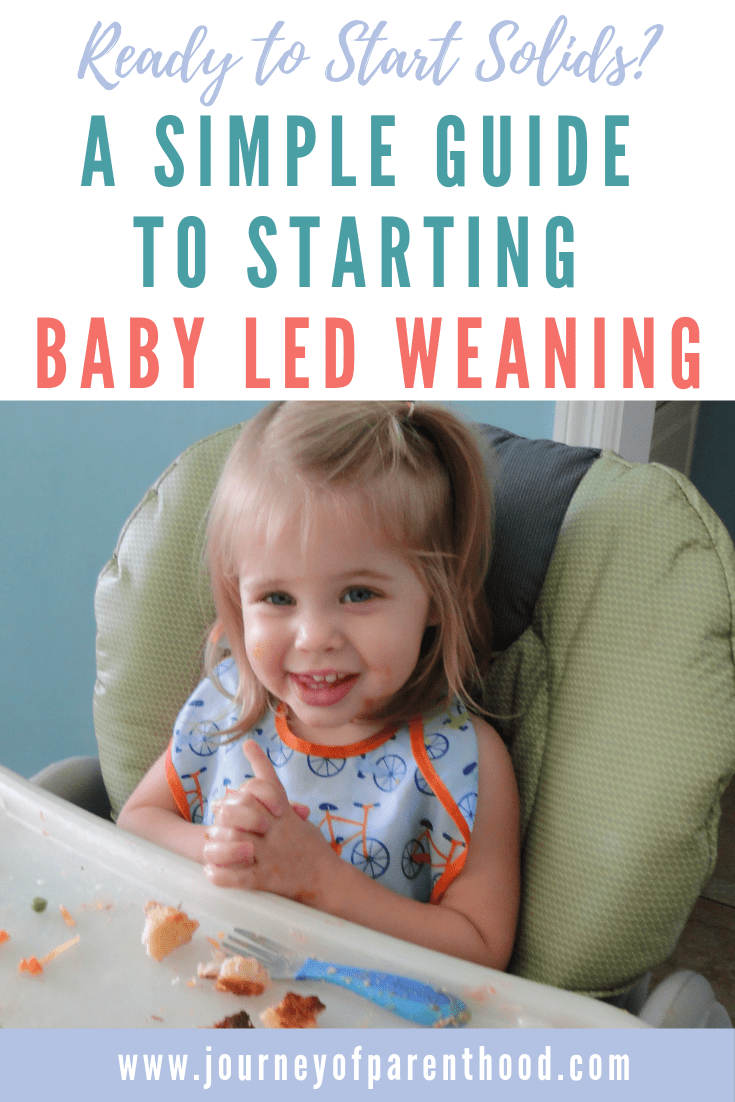
Is Baby-Led Weaning New?
When you explain to people what Baby-Led Weaning is, you will usually find the response of “ohhhh I did that with my kids too!”
It’s not some fancy new concept or idea, it’s something parents have naturally been doing with their children for years.
Many parents with multiple children have found the method organically.
Life is busy with multiple kids and it’s easier and quicker to just hand the little one whatever the older children are eating – which is the same basic concept for baby-led weaning!
Why Not Spoon Feeding?
It’s not that spoon feeding is bad or wrong, it’s just not necessary.
Spoon-feeding was introduced when babies were being fed solids from early ages.
The spoon feeding allowed the parents to feed them mashed foods which didn’t have to be chewed.
Now that parents are waiting until six months to introduce solids, baby’s are developmentally ready to handle the eating process on their own and do not need to be fed from a spoon the way they were when solids were introduced at four months and five months old.
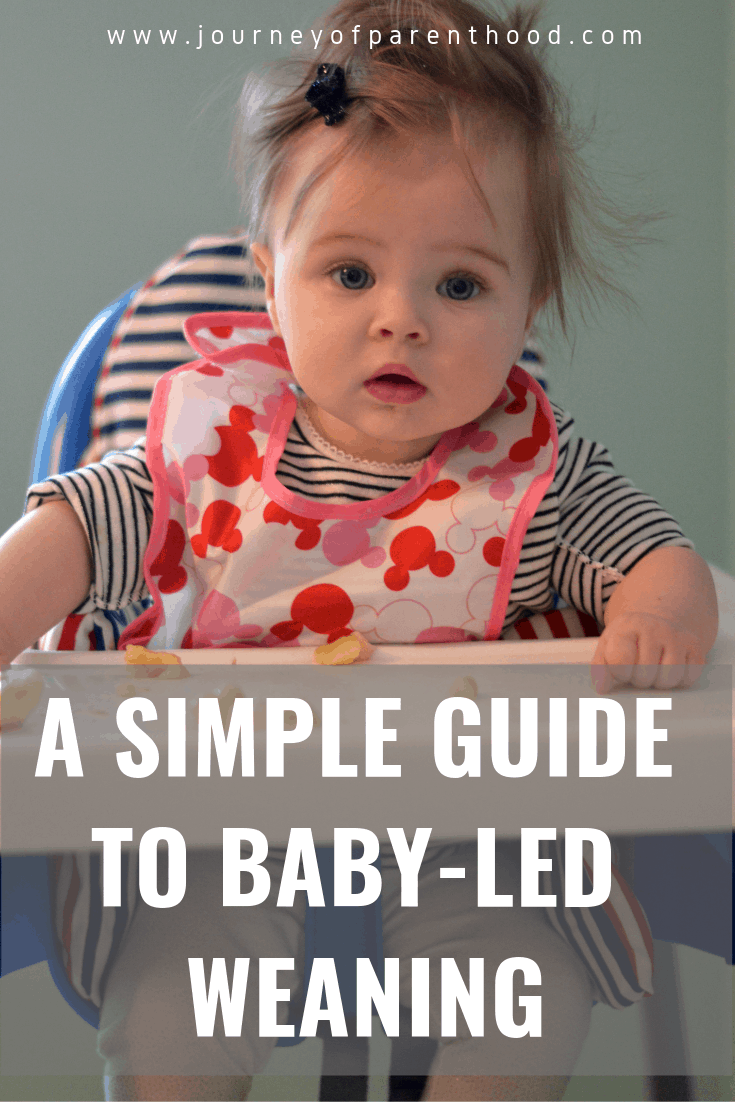
Are There Benefits to Baby-Led Weaning Over Spoon-Feeding?
Playing an active part in mealtimes and being in control of what to eat, how much to eat and how fast to eat it makes eating more enjoyable for babies…as well as their parents.
It’s natural for babies to experiment and explore and it’s how they learn.
With Baby-Led Weaning babies can explore food in a way that is natural to them.
Babies who feed themselves learn about the look, smell. taste and texture of different foods rather than having them all pureed together.
Being allowed to explore food before it goes in their mouths also teaches babies important lessons about what is chewable and what isn’t.
They also learn about their world: how to hold something, cause and effect, and even gravity!
Practicing hand-eye coordination by gripping foods of different sizes and textures also improves dexterity and may help with writing and drawing skills later in life.
Chewing food also develops facial muscles that help aid in talking.
Babies who feed themselves are able to be part of family meal time and learn social skills by participating in meals together.
They also learn to eat according to their appetite and are less likely to over-eat when they are older.
Baby-led weaning babies tend to be more adventurous in their food choices and adapt more nutritious eating habits.
—–> For More about How Baby Led Weaning Benefits Baby Read This Post!
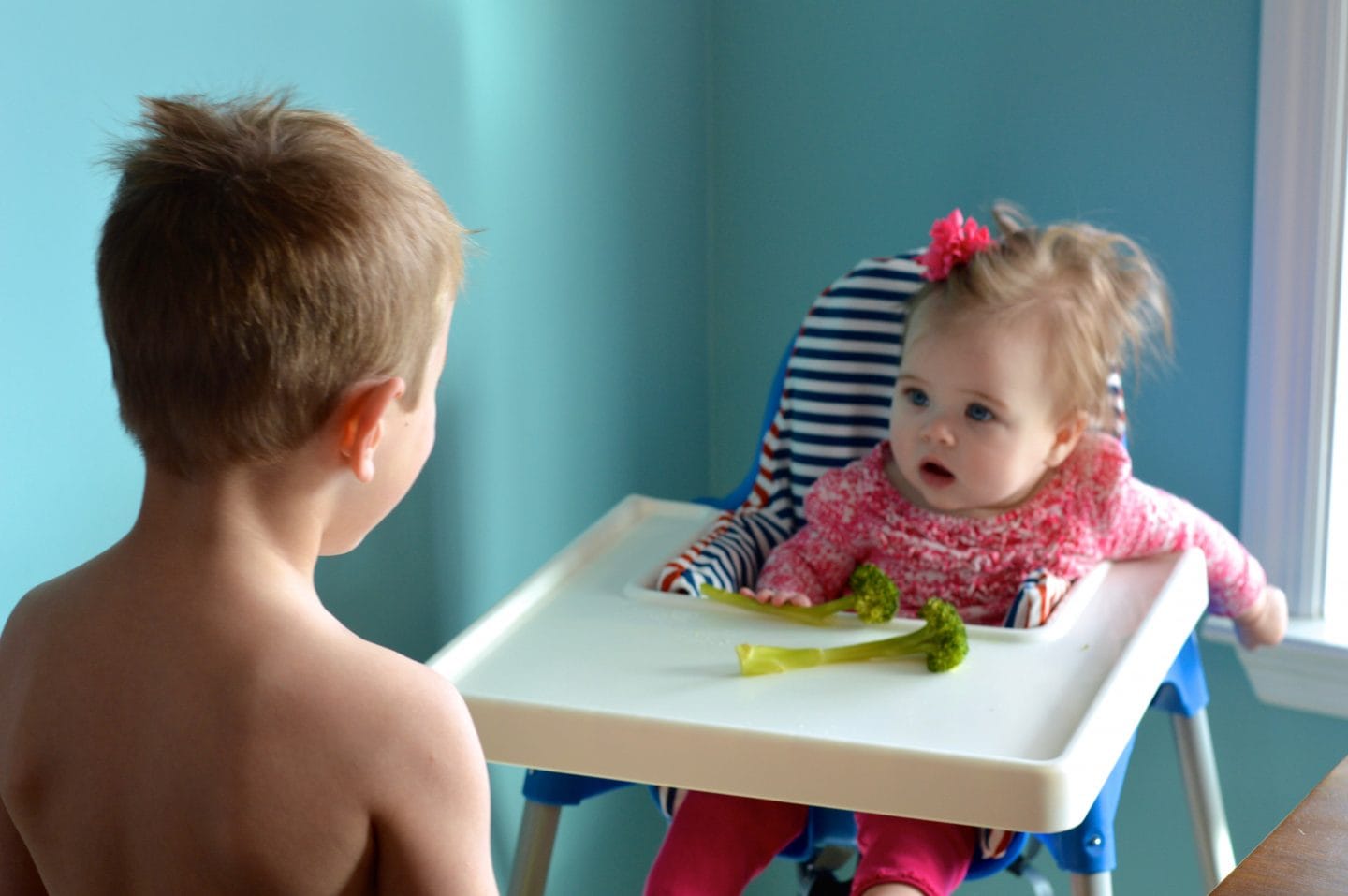
Does Baby-Led Weaning Benefit the Parents?
Baby-led weaning creates easier meal times.
Everyone is able to eat at the same time and no one has to feed the baby.
There is no pressure for the baby to eat which means there are no mealtime battles and everyone is able to happily enjoy their meal.
Baby-led weaning babies typically end up being less picky toddlers as well.
Eating out is also easier for the family when
—–> For More on How Baby Led Weaning Benefits the Family Read This Post!

Want to Connect with a Busy Mama Like You?
Be Sure to Follow Me on Instagram – Click Here or Visit @JourneyofPhood
Are There Disadvantages?
There are very few disadvantages of baby led weaning.
It’s messy. The period of messiness is short-lived, but the early days while baby learns how to eat food are especially messy.
Other people who are not familiar with Baby-Led Weaning tend to have doubts and be skeptical about it.
Shop The Must Have Baby Led Weaning Items Here:
What About Choking?
The #1 thing parents worry about in association with Baby-Led Weaning is choking.
It is also very, very common for grandparents and caregivers to be worried about choking when parents implement baby led weaning.
Anyone who helps in feeding babies solids may have concerns about BLW, especially if they are used to the spoon-feeding methods.
Is baby led weaning safe?
Again, as long as baby is developmentally ready then YES baby led weaning IS safe.
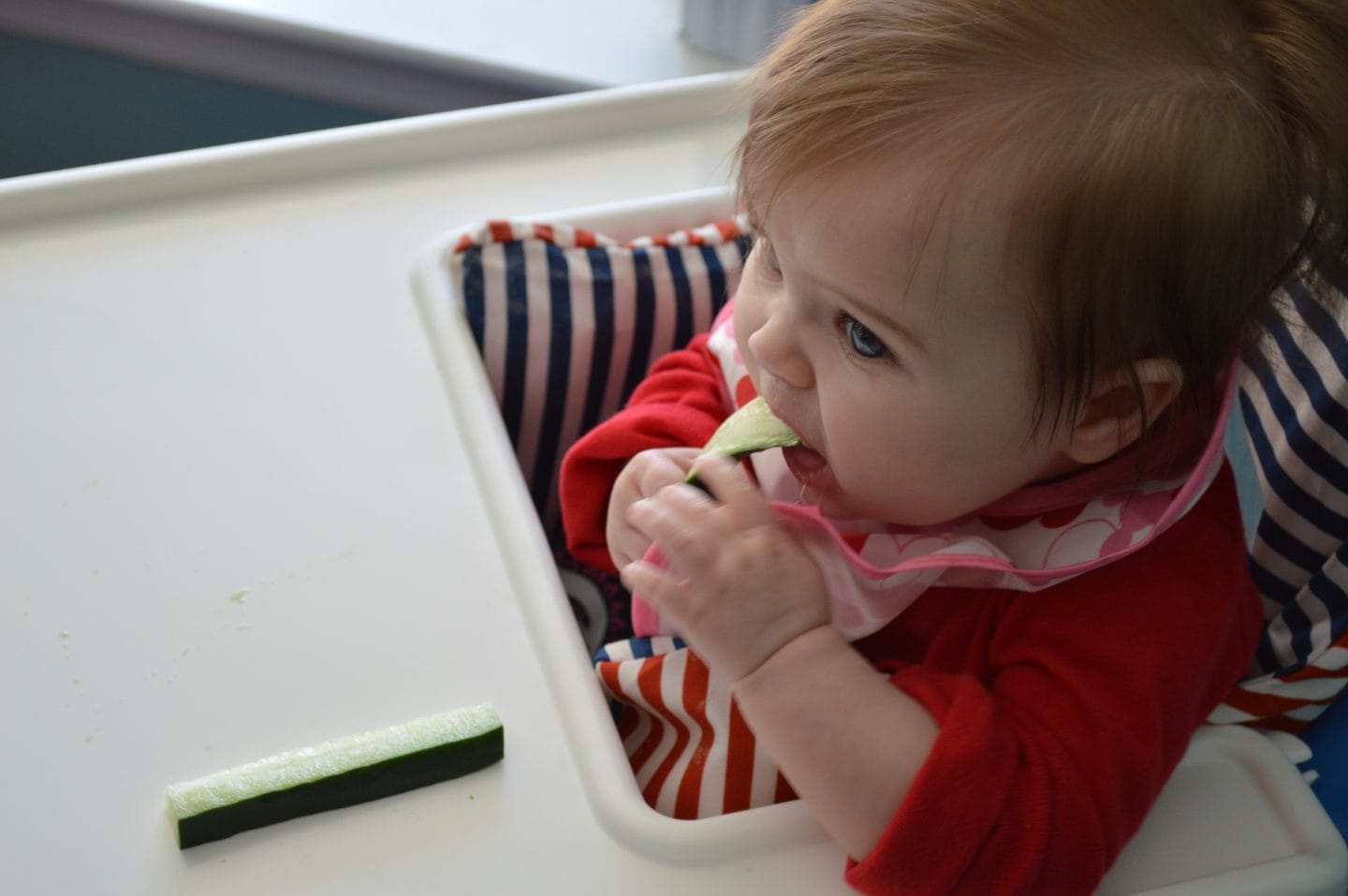
When a baby first starts feeding themselves solid foods they will have to figure out how to bite and chew.
It takes awhile to acquire this skill and until then any food they eat will fall back out of their mouths.
The baby will only begin to swallow food once the muscles of the tongue, cheeks and jaw are sufficiently coordinated to work together.
This is actually a natural safeguard as a gag reflex to help minimize the chances of choking.
It only works if the baby is the one who puts the food in their mouth, they must be in control of the process.
A six month old baby is totally capable of handling this task on their own!
As long as a baby is in control of the food entering the mouth and is sitting upright then Baby-Led Weaning doesn’t make choking any more likely than spoon feeding, and may even make it less likely.
Often the worries about choking come from seeing babies gag on food.
Gagging is a movement that pushes food away from the airway if it is too big to swallow.
The baby opens the mouth and pushes the food out.
It doesn’t seem to bother babies who feed themselves and they typically just keep right on eating!
The gag-reflex on a baby’s tongue is further forward and is therefore activated more easily than an adult’s.
It is also activated when the piece of food is much farther from the airway than an adults.
This gagging reflex is a part of the way babies learn to manage food safety.
When they trigger this reflex a few times, they learn not to do whatever caused it to be activated (putting too much food in the mouth at once, or putting it too far back in their mouth).
Choking occurs when an airway is completely or partially blocked.
When it’s a partial blockage the baby will automatically cough to clear it. This is usually very effective!
The coughing and sputtering sounds that look and sound alarming are actually the baby dealing with the problem on their own.
A truly choking baby is silent, because no air can get past the blockage.
Normal babies have a very effective coughing reflex and, provided they are sitting upright and leaning forward, it is usually best not to disturb them while they are clearing the airway.
Allowing a baby to feed themselves means that they are in control and having that control keeps them safe.
—–> Learn More About BLW and Choking vs Gagging and What to do When Your Baby Gags Here
Does the Baby Get Enough to Eat?
With spoon feeding it’s easy to be worried about the amount of food a baby is eating.
Baby-Led Weaning removes that pressure and allows for both parents and baby to relax about solid foods.
In the beginning, exploring the world of solid foods is about FUN.
There is no nutritional need for solids and it’s simply a way for a baby to explore food and learn about solids.
Babies do not require the nourishment from solids until a year old. Until then liquid feedings provide them with all they need.
As the baby learns how to self-feed, and enjoys doing so, they will naturally eat more food and will be leading the way for the weaning process.
As Baby-Led Weaning Says on Page 66: “Baby-lead weaning babies are allowed to choose what they want (or need) to eat from the foods offered at mealtimes, and their parents are often surprised by how well balanced that baby’s chosen diet is over the course of a week or so.”
Letting the baby lead the way will ensure they get just the right amount of what THEY know they need!
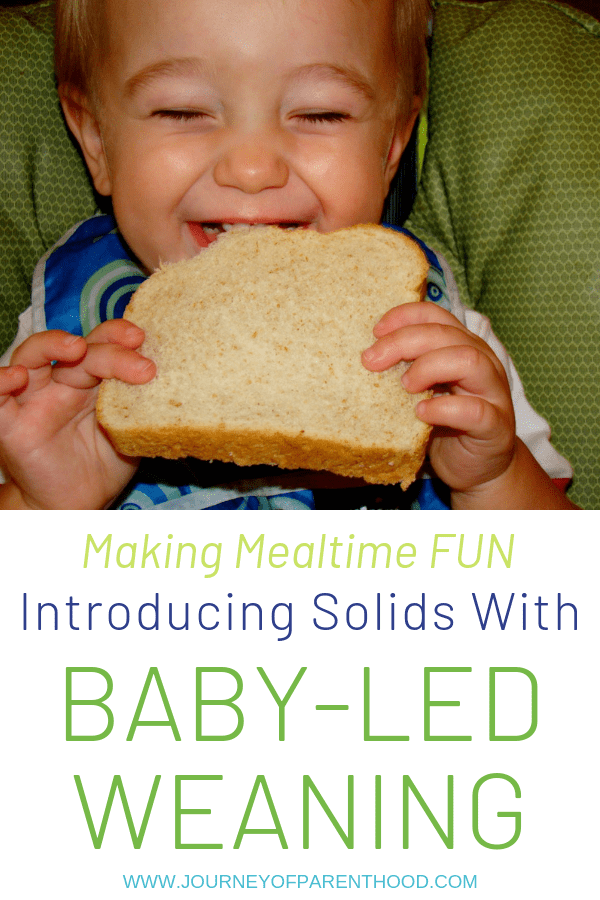
How Do You Start BLW?
How to start baby led weaning?
Getting started with Baby-Led Weaning is very simple.
Have a seat for the baby where they are able to sit upright and then start offering healthy food options.
Babies do not yet have a pincher grasp so keeping the food in longer shapes makes it easier for the baby to handle.
There is no official baby led weaning starter foods.
You want stick or “finger” shapes of at least 2 inches long so they are able to hold half in their hand and the other half will be available for eating.
Always watch your baby while they eat. It’s also best to offer a few options on their tray or plate to give them variety, without offering too much at once which can overwhelm them.
—–> Make Sure You Have the Best Baby-Led Weaning Items to Get Started Here!
I personally like to introduce a sippy cup filled with water around the same time that I start having the baby eat solids.
The first week I will stick to JUST a sippy cup to get them used to sitting in their high chair and to help them learn to drink from the cup and to enjoy water and then I will start with their first foods.
Learning to drink from a cup helps when it’s time to transition from liquid feedings and makes the process smoother to go from formula or breastmilk to whole milk or almond milk.
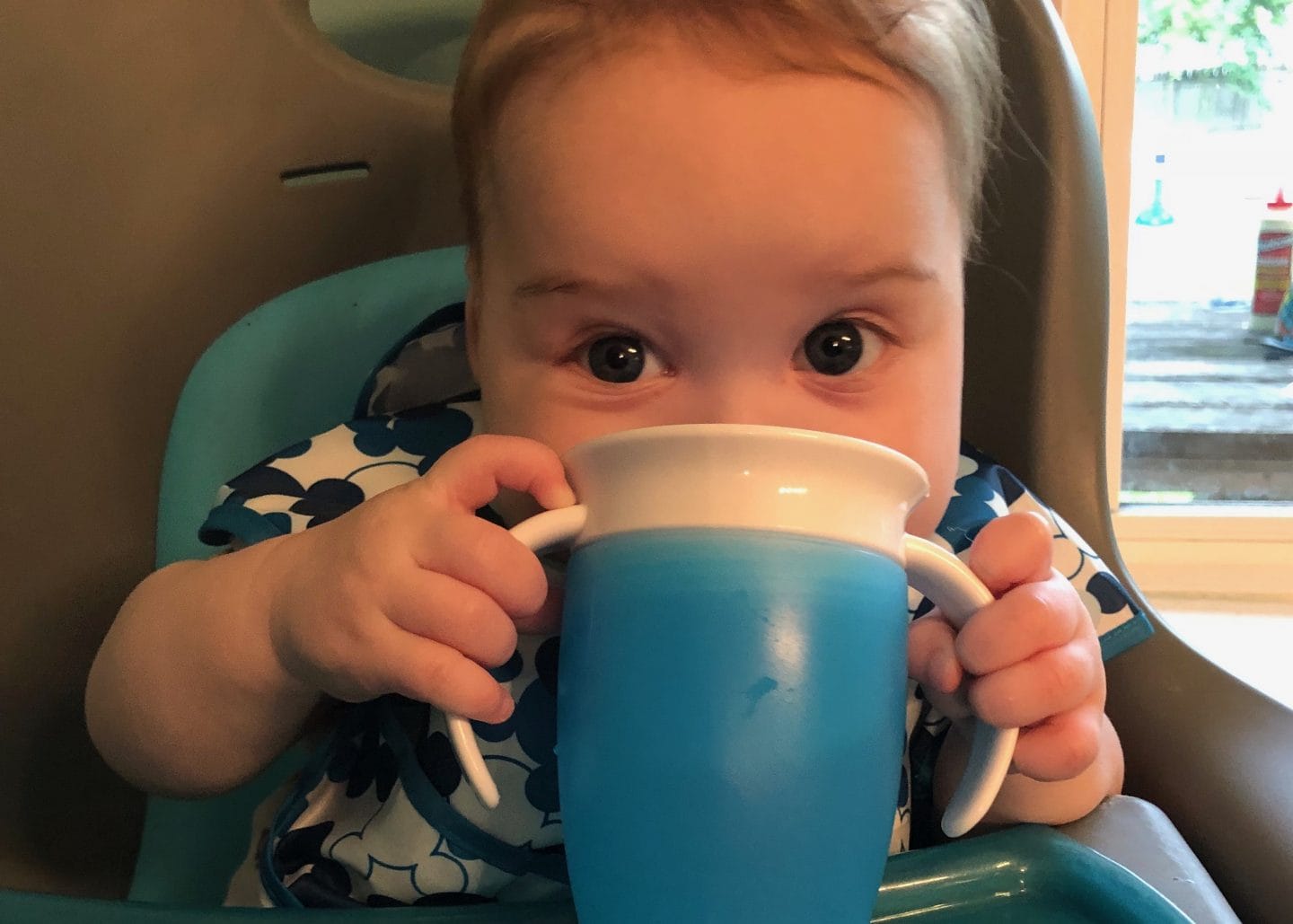
What Are Some Good First Foods for Baby Led Weaning?
There are no official baby led weaning foods. There is no official baby led weaning chart to follow or instructions needed.
There is no need to wait several days between offering different types of foods.
For the most part, anything makes a good first food for babies.
With baby-led weaning food shape can make a difference in how easy the food is for baby to hold and how capable they are in getting the food into their mouths.
Bananas and avocados are both great first fruits because they are easy to grasp.
Broccoli is a great first vegetable as it already has a handle to hold.
Sweet potato is a great first food because it mushes very easily and can be cut into finger shapes for baby to enjoy!
New foods are a really fun adventure from the very start of baby-led weaning!
—–> Be Sure to Read This Post for A list of 30 First Foods to Introduce with BLW
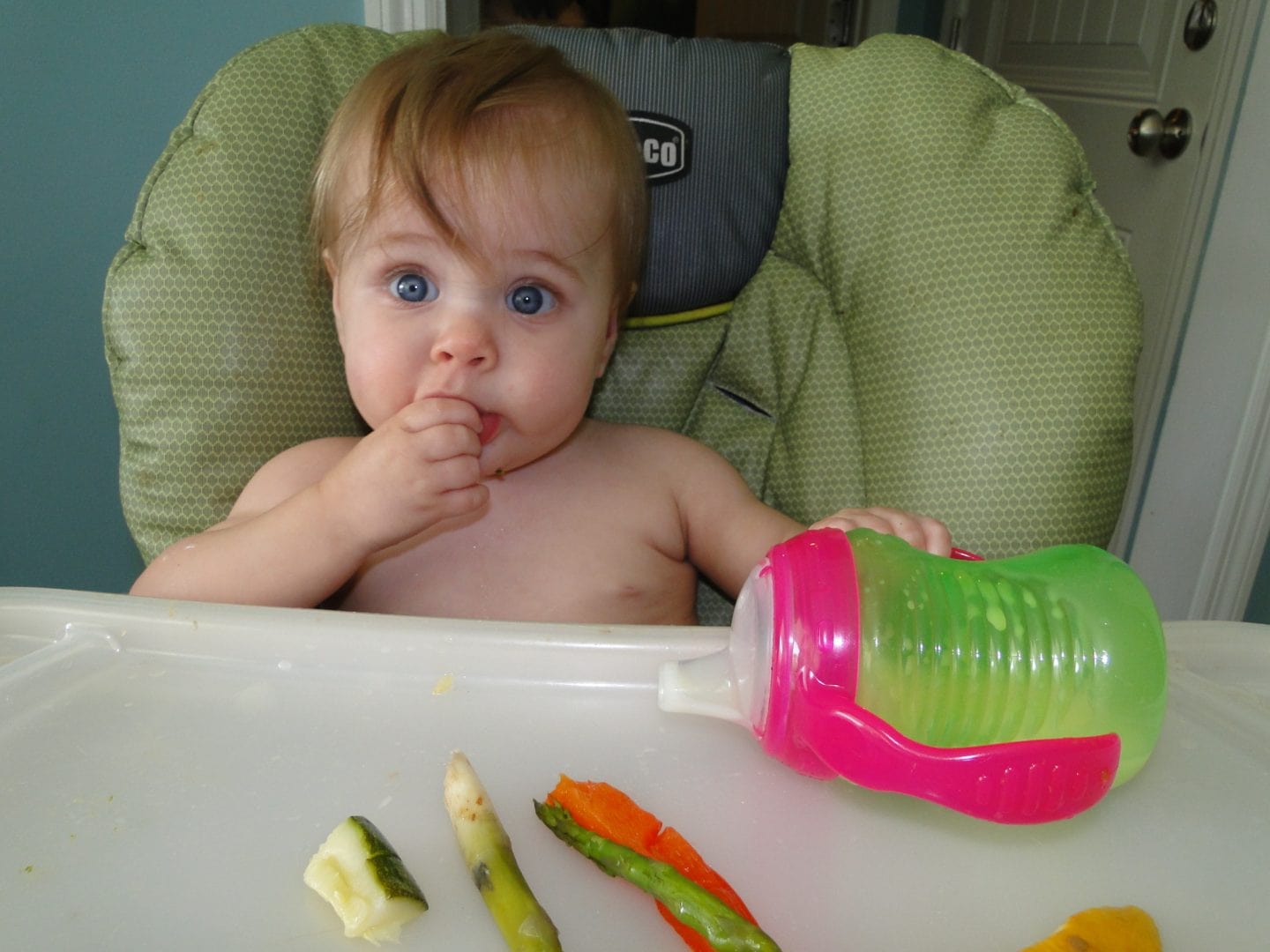
How Often Should Solids Be Offered?
The book suggests to offer them frequently and that the more a baby is exposed to solids, the more they can learn.
Personally, I am a Babywise Mom and therefore have my children on a sleep schedule and daily routine.
I always nurse first and then offer solids. I try my best to stick to this feeding schedule!
Liquid feeding of breast milk or formula should ALWAYS be the top priority as it’s the main source of nutrients for babies until a year old.
Offering a liquid feeding from breast or bottle first ensures that baby will fill up on the nutrients they need before having the opportunity to explore solid foods.
Even though I’m very structured there is no need for a set baby led weaning schedule.
Typically these solid feedings align with our mealtimes as a family, or at least with older siblings whenever possible!
Again, food is for FUN for the first year so do not feel pressured regarding a frequency for how often to feed solids.
Once a baby hits the one year mark then it’s time to begin dropping the liquid feedings, and slowly stop breastfeeding nursing session or bottle sessions (of formula or pumped milk).
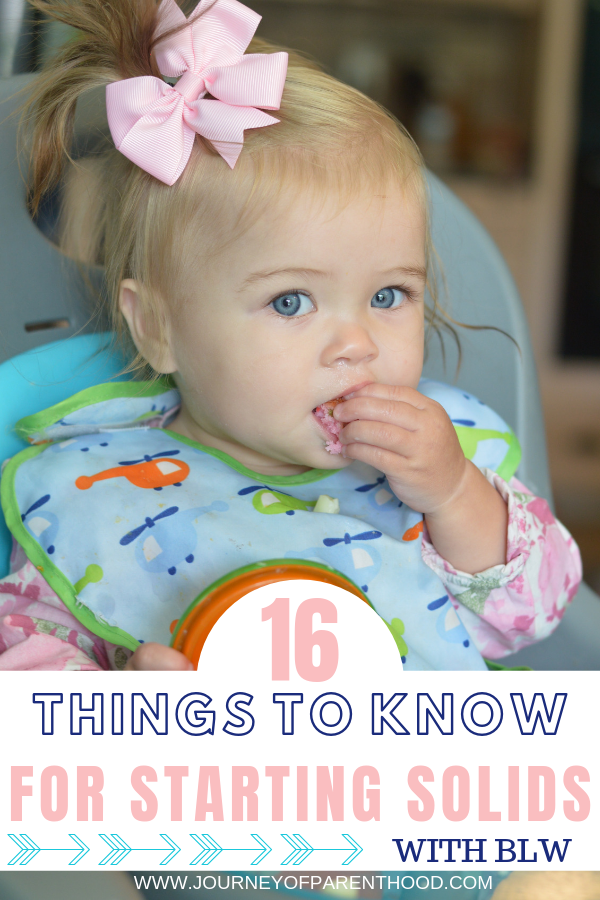
What Are My Personal Thoughts?
I did spoon-feeding with my first baby. I hated it.
I felt a lot of stress about how much he was eating.
I felt rushed to get to him to finish and pressured to have him eat a certain amount.
Even if people told me that he was getting all he needed from his liquid feedings, it was hard for me not to feel like he needed to eat such and such amount.
Meal times were spent with my husband or I feeding him and then getting to eat our own food.
It wasn’t very enjoyable for either of us. I heard about Baby-Led Weaning when he was a little older and did switch over then.
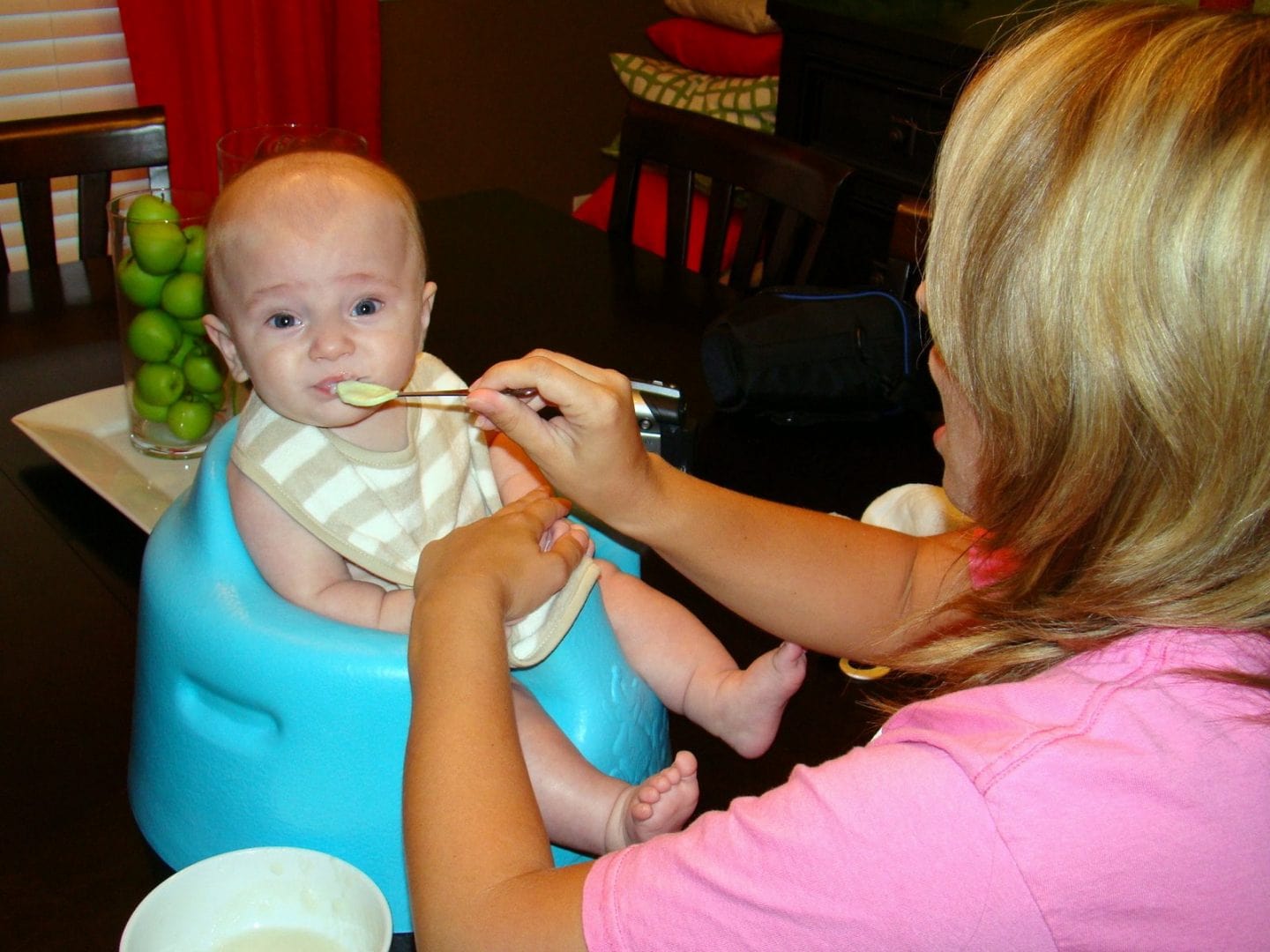
He was already beyond the early stages of readiness but I knew it was a method I hoped to use from the beginning with our second child.
—–> You can see our first child’s entire eating system from from infancy up to age three here!
Our second child, first
I liked not feeling the pressure about how much she ate and I liked not feeling like I was force feeding her or rushing her.
I liked that she set her own pace and I liked that I was free to help my son with his meal needs and sit with the family and eat as a family.
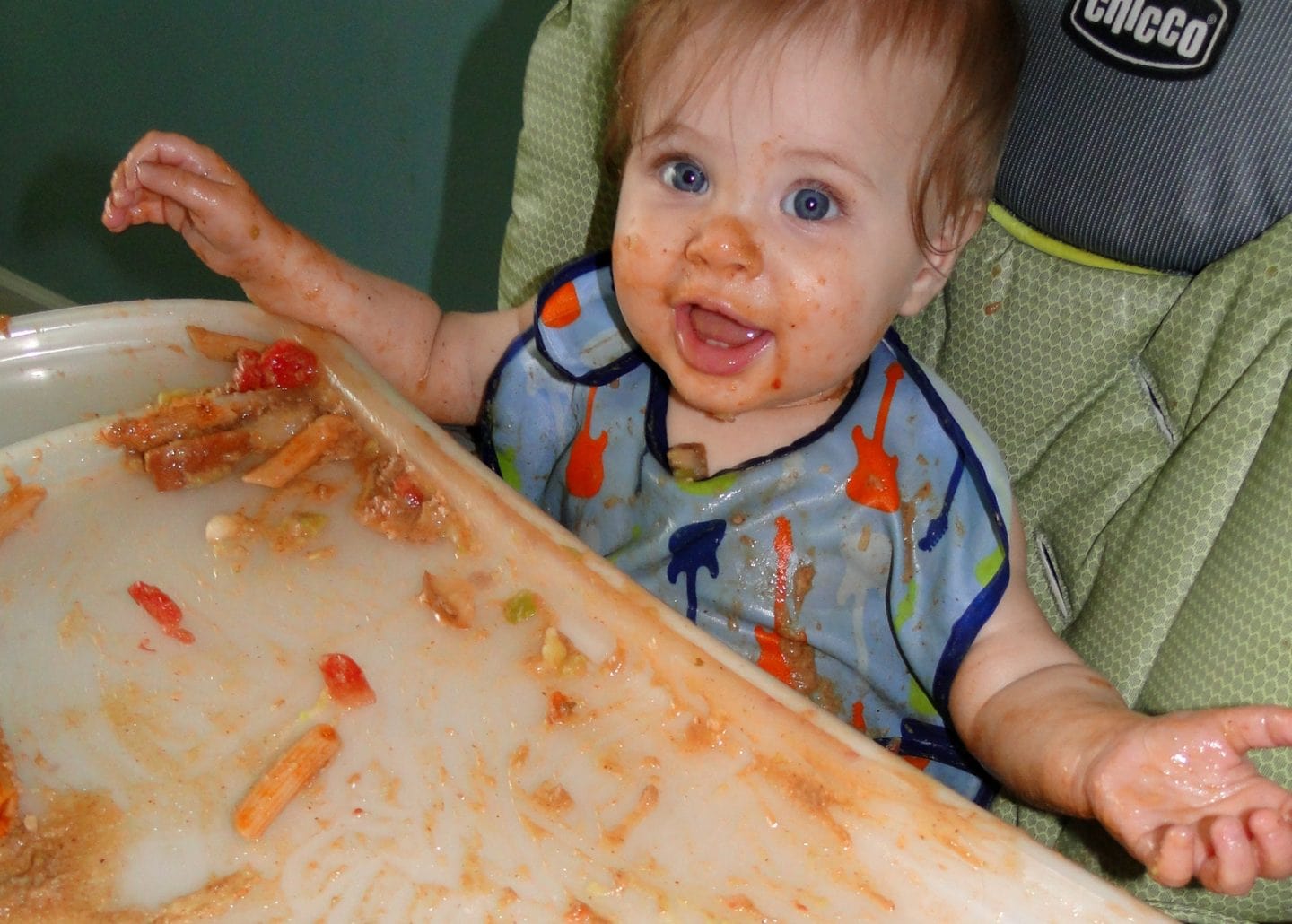
It was messy and I quickly realized I did NOT like the high chair we had as it wasn’t easy to clean.
I knew for our third I’d be switching high chairs but I loved the method overall and preferred it to spoon-feeding.
The hardest part is the choking concerns and it has never been an issue for us.
When our baby gags or coughs it’s hard not to jump in to “help” them but we have learned to just watch closely and let them work it out on their own.
The biggest benefit I saw from Baby-Led Weaning was how my daughter did not put other things in her mouth.
It’s like she learned what food was and therefore wasn’t interested in taste-testing random other things.
I also think it made her a more adventurous eater and a slower eater.
Slow eating is a healthier way to eat (gives the stomach time to communicate to the brain that you are full so you don’t overeat) and I do believe Baby-Led Weaning has set her up for healthy lifestyle choices longterm.
My Personal Experiences with Baby-Led Weaning:
Continuing Our BLW Journey:
We also used infant led weaning with our third baby with nothing but great success!
It was even more enjoyable the second full time around as I had so much confidence in the method and a new, easier to clean, high chair.
It AMAZED me to see how quickly she developed a pincher grasp.
She went from never having tasted solid foods to having a pincher grasp and swallowing foods within her first month of solids.
She LOVED to eat and it was a wonderful experience for our entire family.
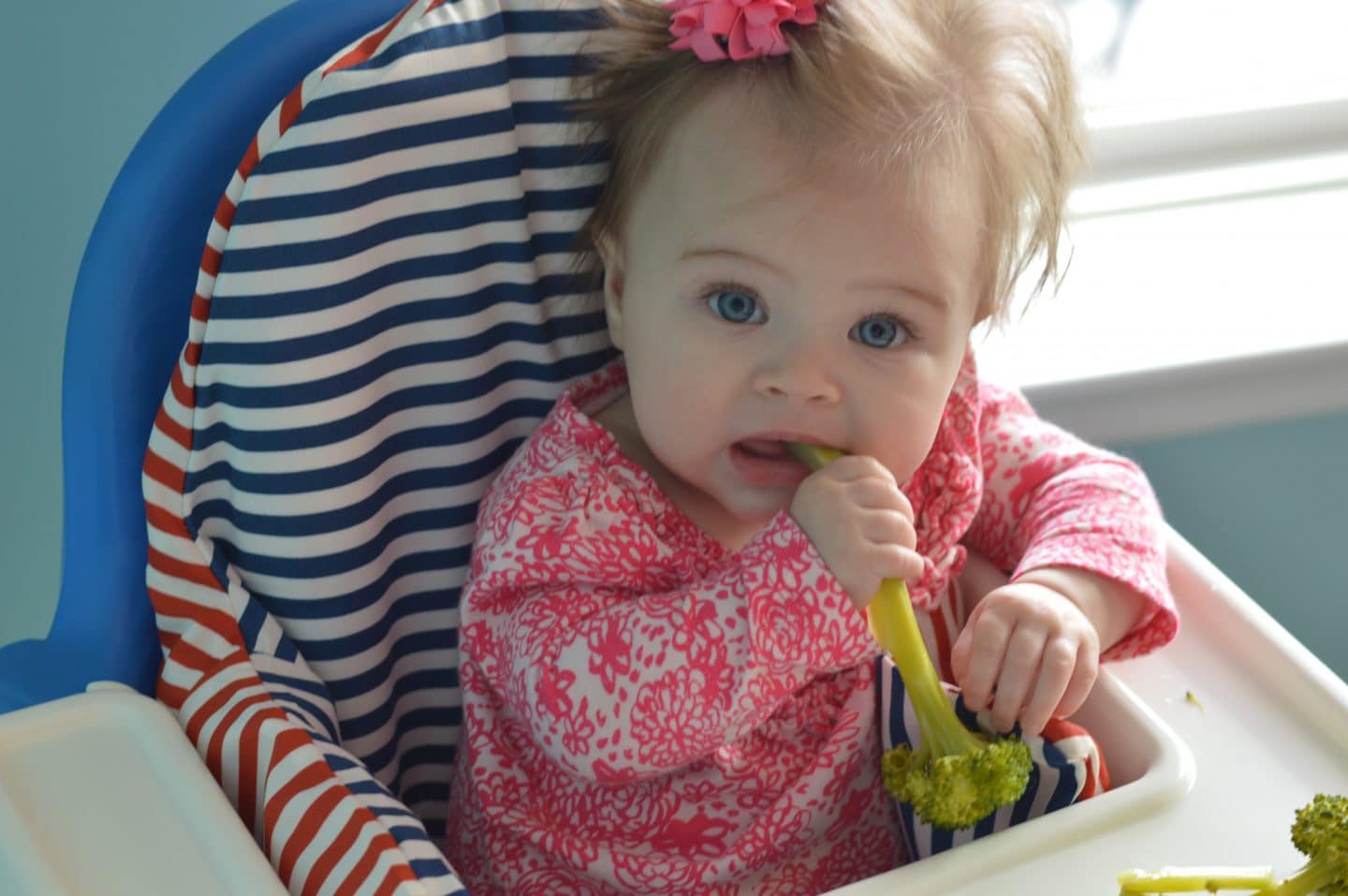
We knew introducing solid foods for our fourth baby would be a breeze with baby led weaning.
He entered our family through adoption and was bottle fed from birth.
Many parts of adding our fourth to our family were much different experiences than adding our three biological children.
I didn’t get to experience pregnancy with him. I didn’t get to nurse him. But I did get to introduce solids with him through the same method I already knew and loved with my other children!
He enjoyed baby-led weaning just as quickly and easily as our exclusively breastfed babies did.
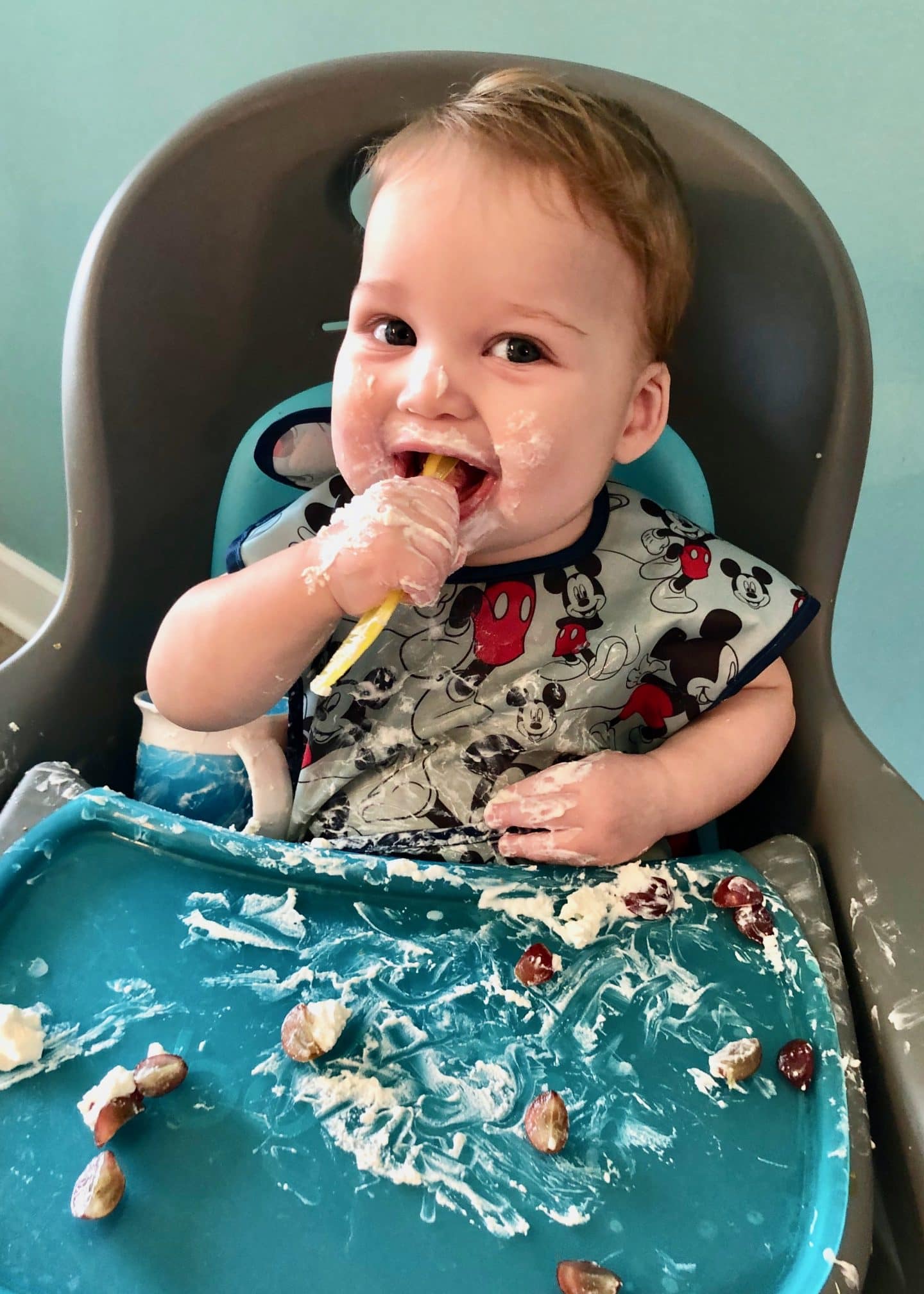
Feeding baby doesn’t have to be stressful – it can be FUN 🙂
I hope this baby-led weaning guide encourages moms who may be interested in Baby-Led Weaning to purchase the blw book (you can do so here!) and that it also educates family and friends who may be around a Baby-Led Weaning baby.
Feeling a bit overwhelmed about introducing solid food into your baby’s diet while making meals the whole family will enjoy?
Be sure to check out this awesome, super simple, four week baby led weaning family meal plan! Easy ideas the whole family will enjoy around the dinner table – including your newest solid food eater 😉
- A Letter to my Son on His 16th Birthday From Mom (Kye’s Bday Letter) - March 20, 2025
- Open Letter to my Daughter on her 12th Birthday – Love, Mom {Britt’s 12th Bday Letter} - January 16, 2025
- Letter to My Son on his 6th Birthday – Love Mom - January 8, 2025





